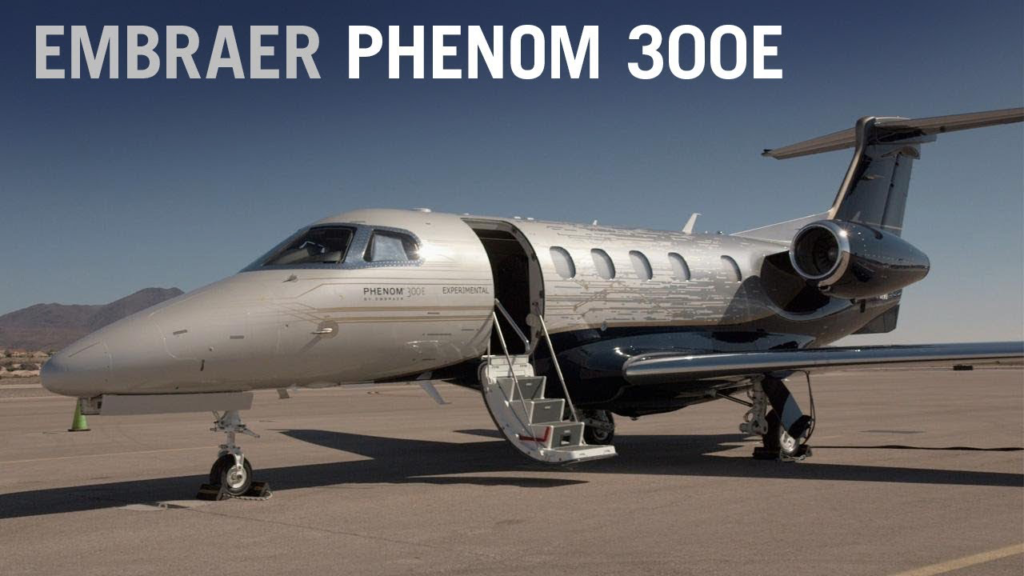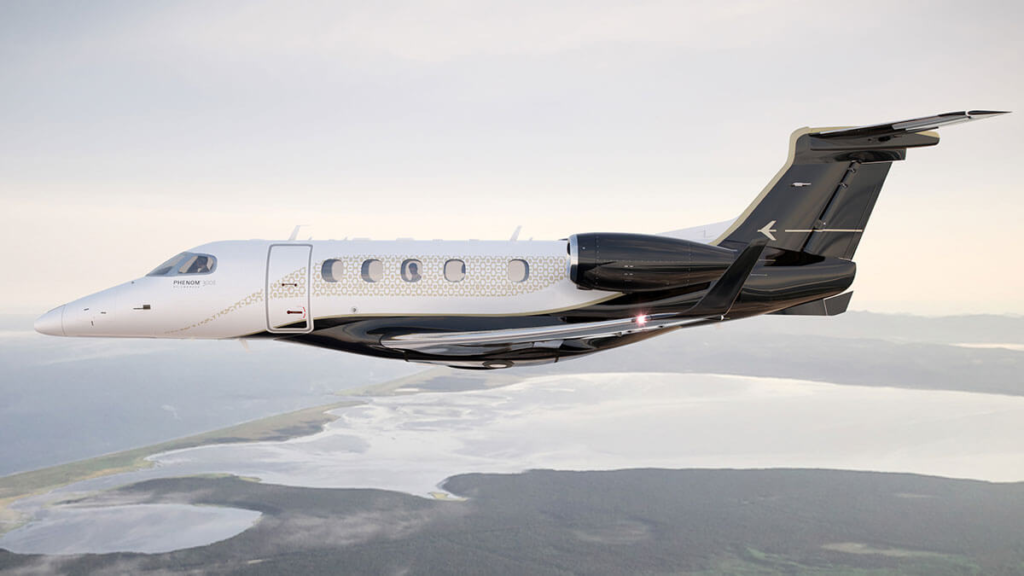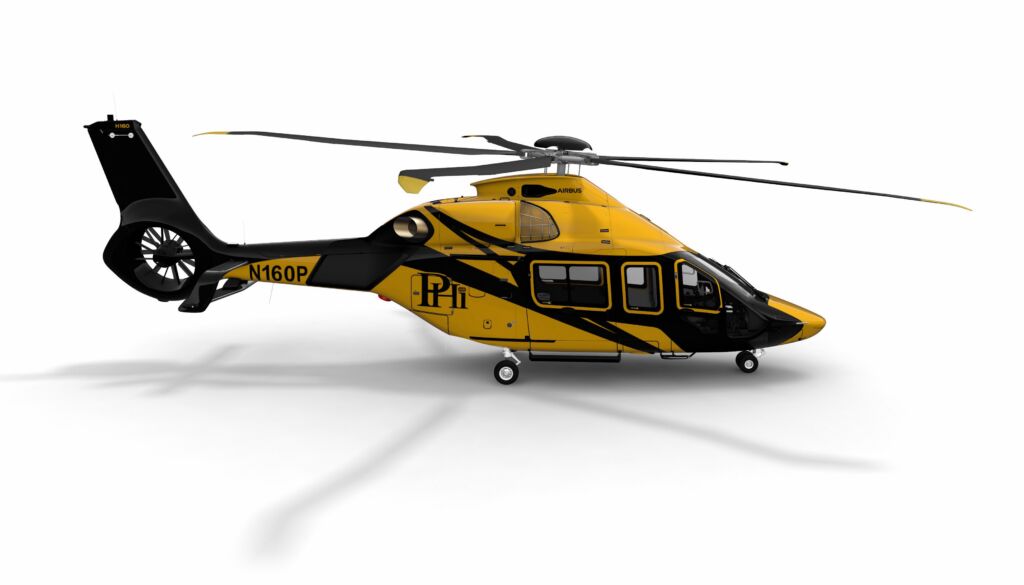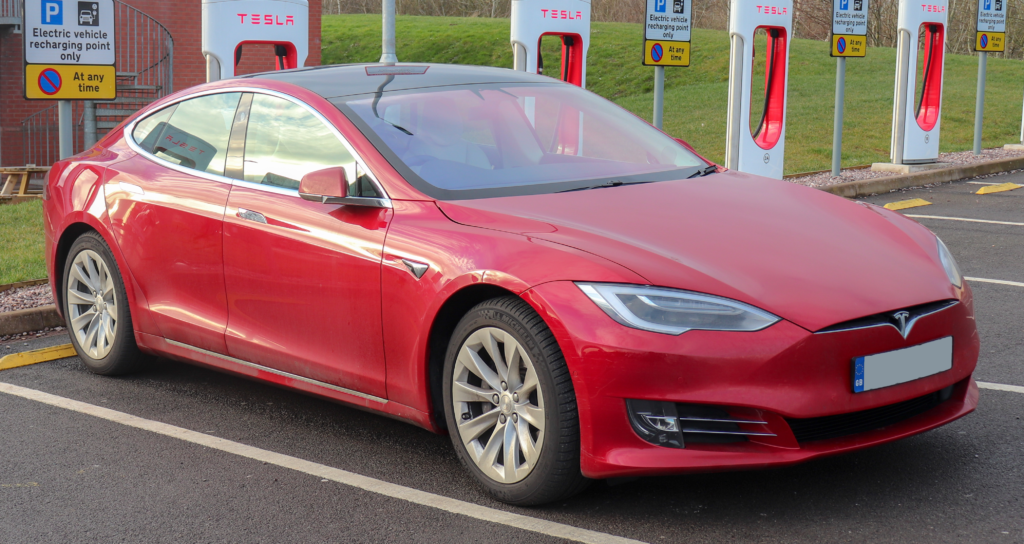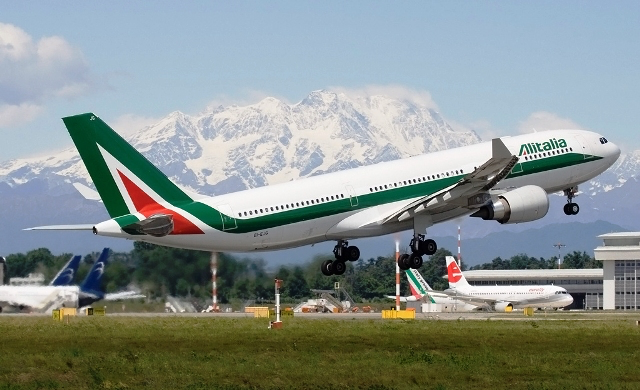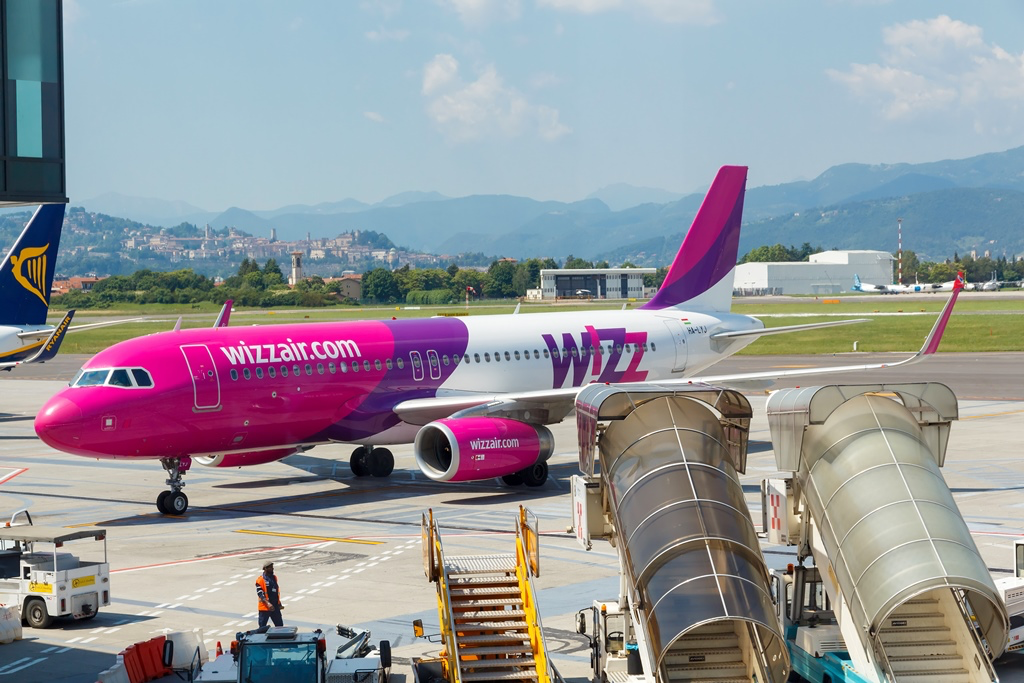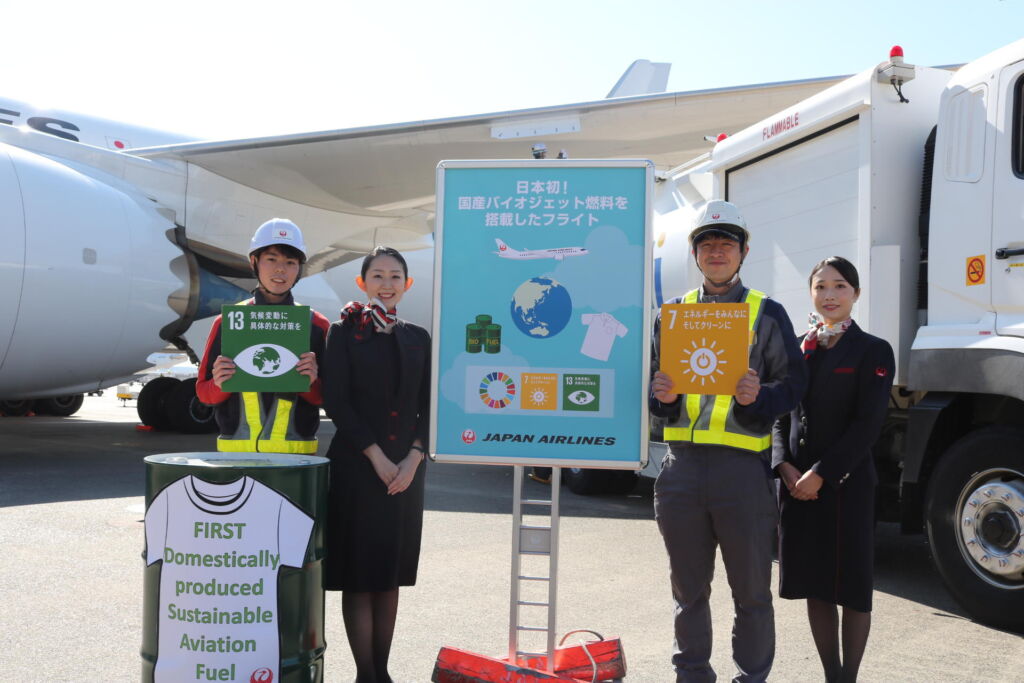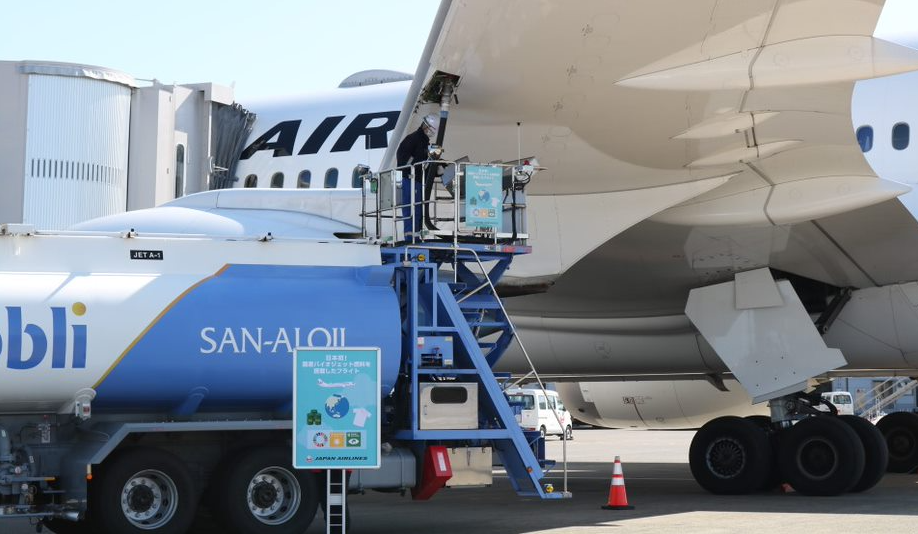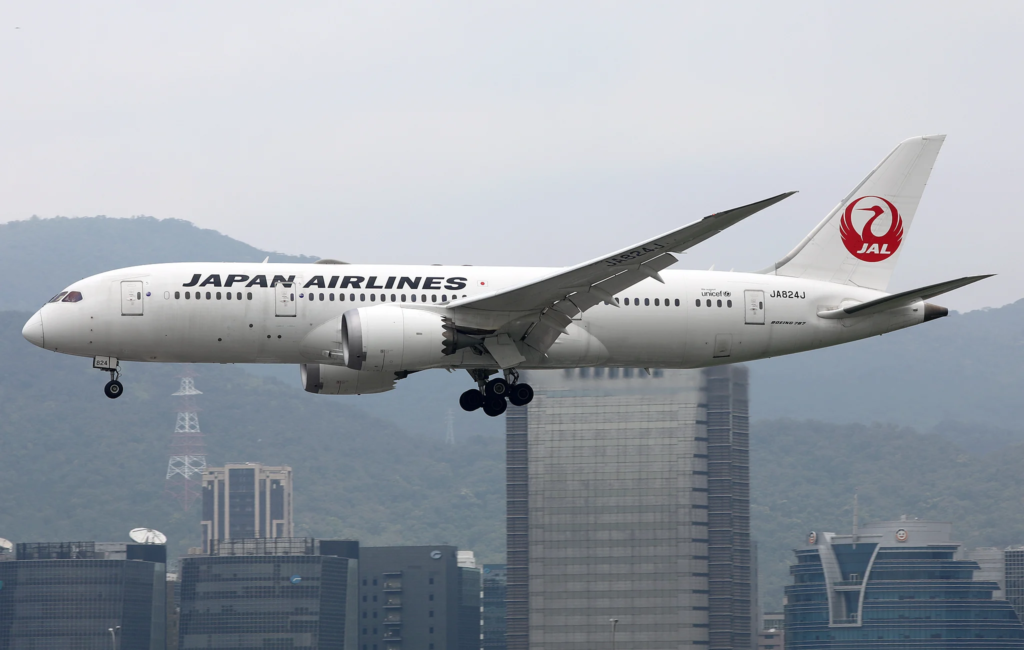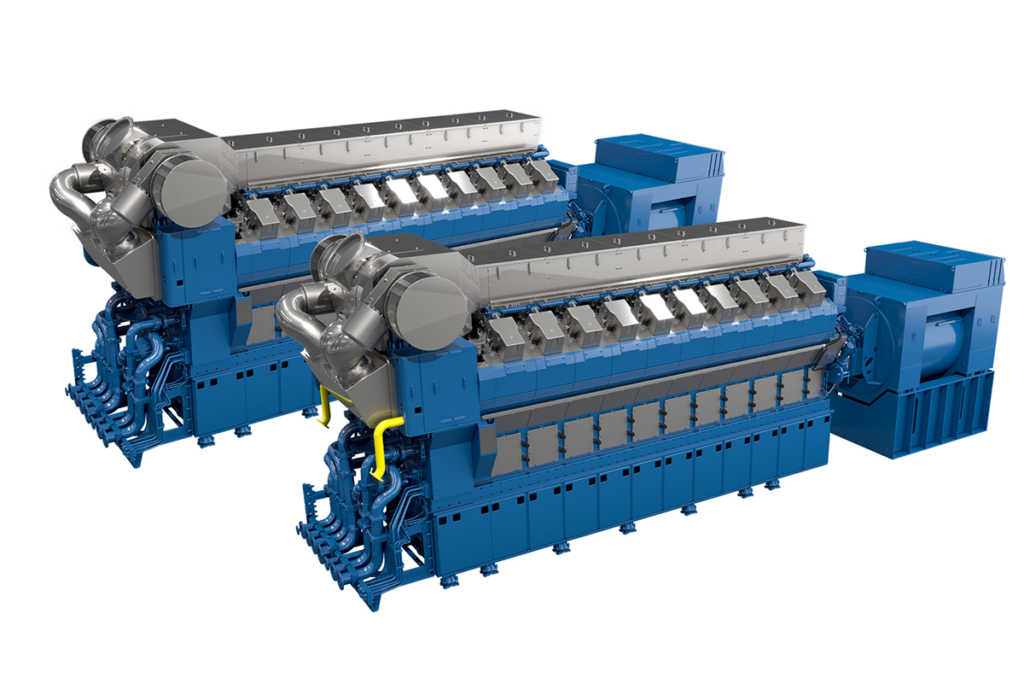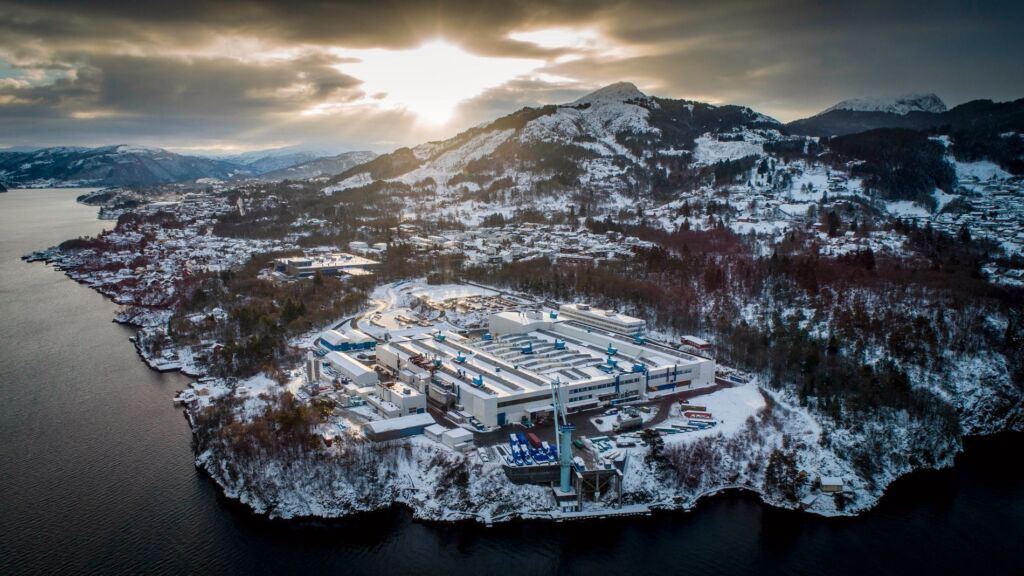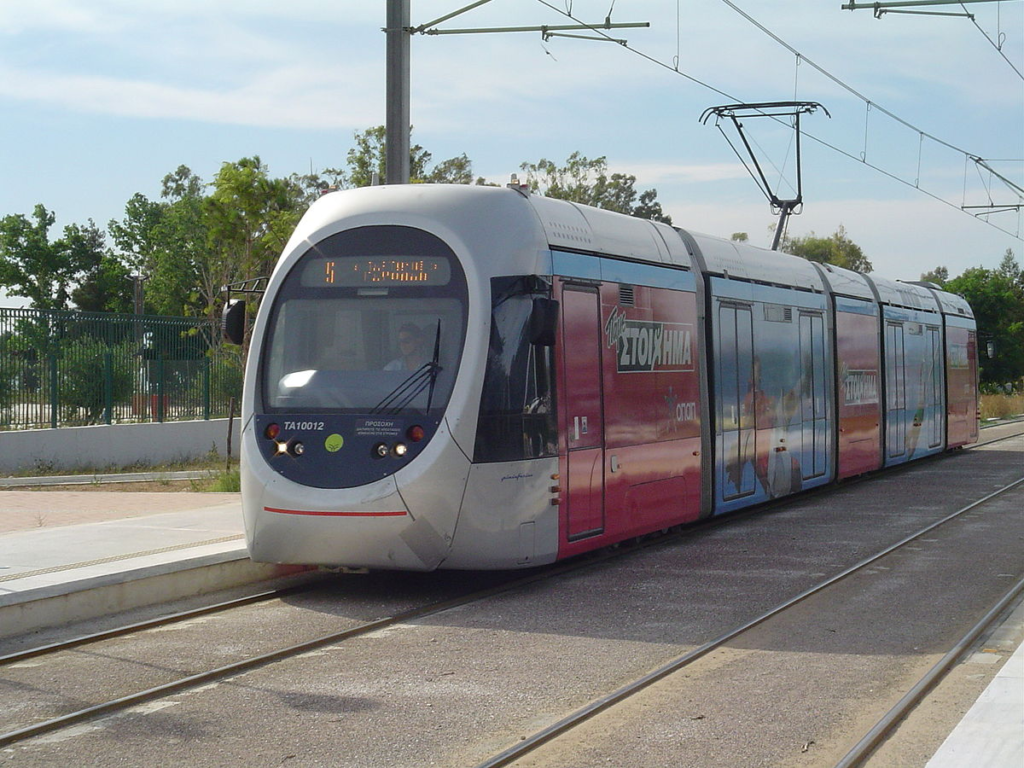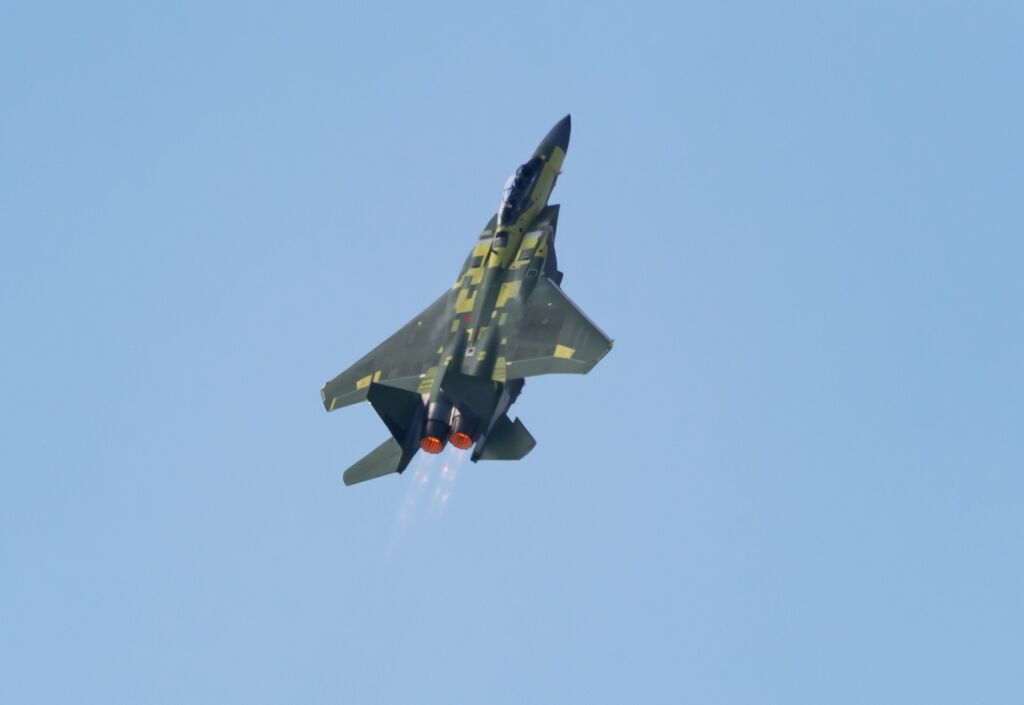Melbourne, Florida, February 24, 2021 – For the ninth consecutive year, the Embraer (NYSE: ERJ) Phenom 300 series has become the world’s best-selling light jet according to numbers released today by the General Aviation Manufacturers Association (GAMA). Embraer delivered 50 Phenom 300 series light jets in 2020, making it the most delivered light jet of the year. This is the ninth consecutive year that the Phenom 300 series has achieved this milestone, having accrued more than 590 deliveries since entering the market in December 2009. In 2020, the Phenom 300 series was also the most delivered jet model out of all twinjets in the market.
Originally launched in 2005, the Phenom 300 series is in operation in more than 30 countries and has accumulated more than one million flight hours. Embraer is continuously investing in the competitiveness of the Phenom 300E with enhancements to its comfort, technology, performance, and operational efficiency resulting in the highest residual value in the market.
In January of 2020, Embraer announced the new and enhanced Phenom 300E, followed by its ANAC, EASA and FAA approval in March, achieving triple-certification. The first delivery of the new and enhanced Phenom 300E occurred in June of 2020.
With its unparalleled technology, exceptional comfort, and stunning performance, the Phenom 300E sets the highest standard of excellence in the light jet category. In terms of performance, the new, enhanced Phenom 300E is even faster, capable of reaching Mach 0.80, becoming the fastest single-pilot jet in production, and able to deliver high-speed cruise of 464 knots, and a five-occupant range of 2,010 nautical miles (3,724 km) with NBAA IFR reserves.
Additional technology enhancements include an avionics upgrade, featuring a runway overrun awareness and alerting system (ROAAS) ― the first technology of its kind to be developed and certified in business aviation ― as well as predictive windshear, Emergency Descent Mode, PERF, TOLD, and FAA Datacom, among others. The Phenom 300E also features 4G connectivity via Gogo AVANCE L5.
The new, comfort-enhancing features on this jet include a quieter cabin, more legroom in the cockpit, and a new premium interior option — the Bossa Nova edition. Named for the Brazilian style of jazz music, and Portuguese for “new trend,” the optional Bossa Nova edition encompasses a package of Embraer’s latest interior developments, with features such as carbon fiber accents and Embraer’s exclusive Ipanema sew style. It is also the first of the Phenom 300 series to feature piano black surfaces.
